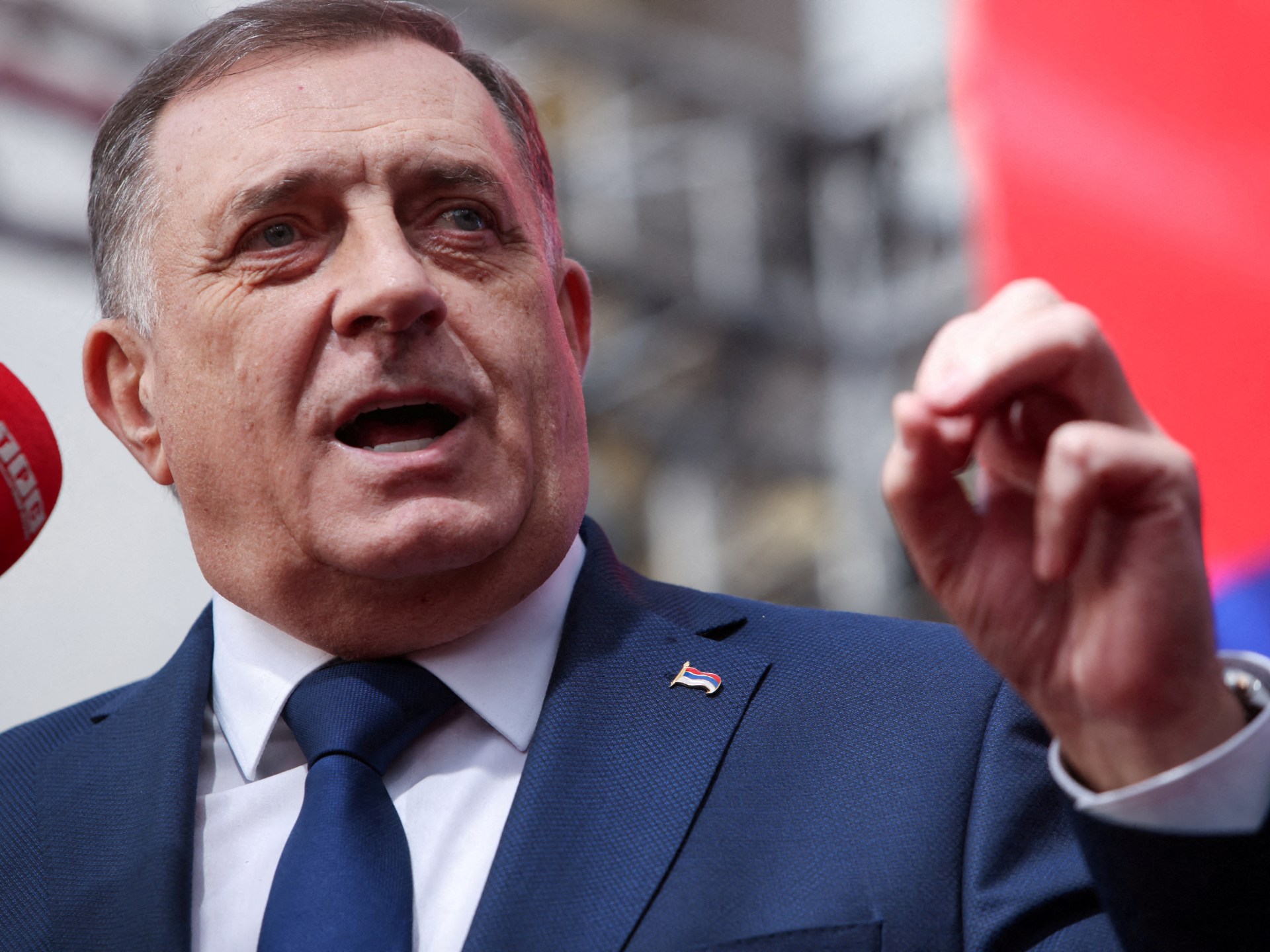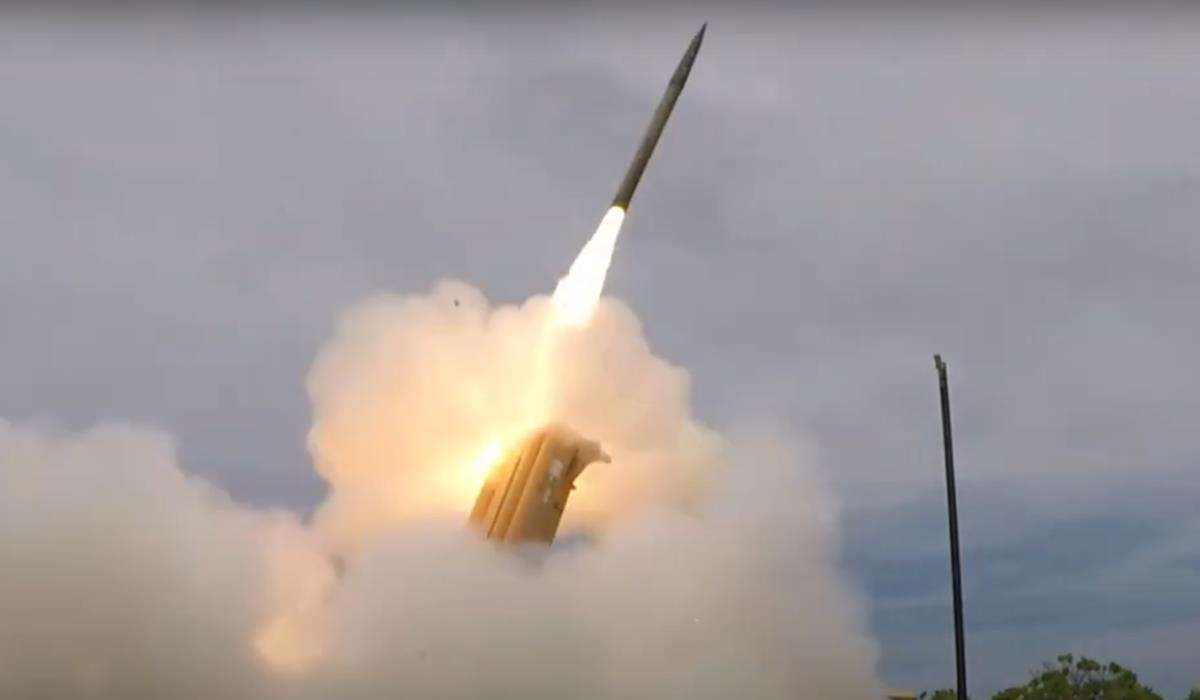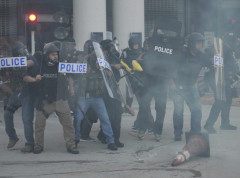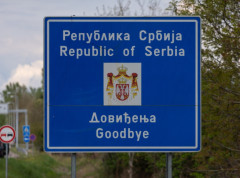The main topic of the article is the political situation in Bosnia and Herzegovina, focusing on Milorad Dodik and his rhetoric towards the United Kingdom. The article describes Dodik’s pathological fear and open hatred of the British authorities, who accuse him of destabilizing the region and violating the Dayton Agreement. The UK is portrayed as a key player in preserving peace and sovereignty in BiH, with clear warnings to Dodik and his associates. Sanctions imposed by London on Dodik and his close associates for secessionist moves and support for Russia are also mentioned. The article highlights British influence in the region and possible further sanctions against Dodik’s allies. Dodik is depicted as a figure using rhetoric of threats and fear of British intervention, while British diplomats seek to prevent further destabilization.
Political Perspectives:
Left: Left-leaning sources emphasize the role of the UK as a stabilizing force in Bosnia and Herzegovina, highlighting the importance of international law and the Dayton Agreement. They portray Dodik as a destabilizing nationalist figure whose rhetoric and actions threaten peace and regional stability. The narrative focuses on the need for international sanctions and diplomatic pressure to uphold sovereignty and prevent secessionist movements.
Center: Centrist sources present a balanced view acknowledging the complexity of the political situation in Bosnia and Herzegovina. They recognize the UK’s role in regional stability but also note the historical tensions and the delicate balance of power among local actors. The analysis tends to focus on diplomatic efforts, the importance of dialogue, and the risks of escalating tensions due to hardline rhetoric from all sides.
Right: Right-leaning sources often criticize the UK and Western influence in the Balkans, portraying Dodik as a defender of Serbian interests against foreign interference. They may frame British actions as neo-imperialistic or meddling in sovereign affairs. The narrative sometimes sympathizes with Dodik’s fears and portrays sanctions as unjust or politically motivated, emphasizing national sovereignty and resistance to external pressure.











